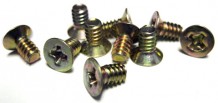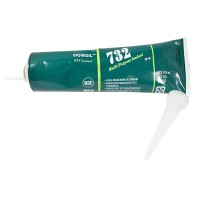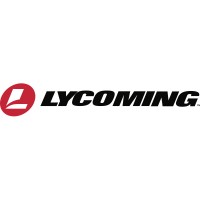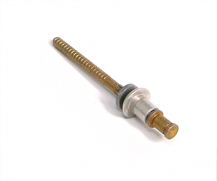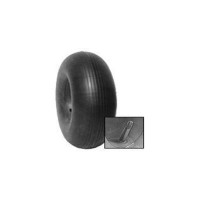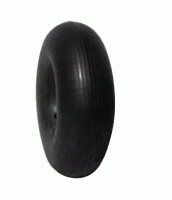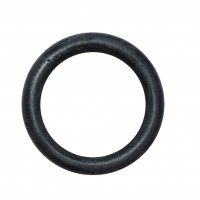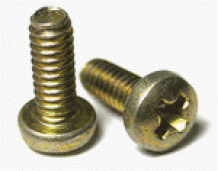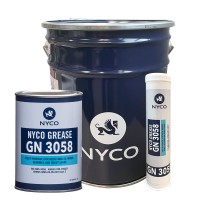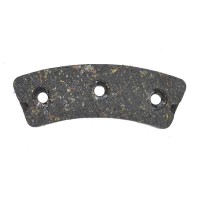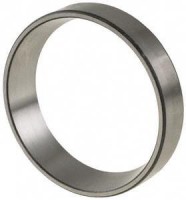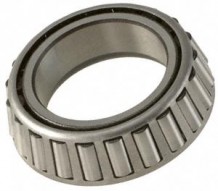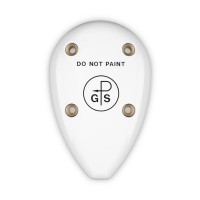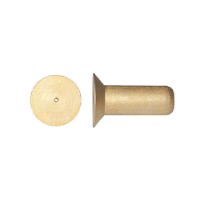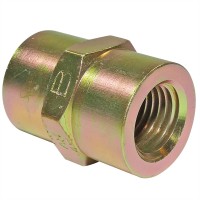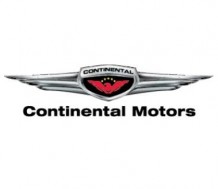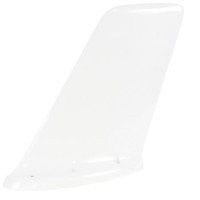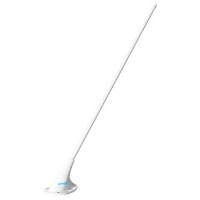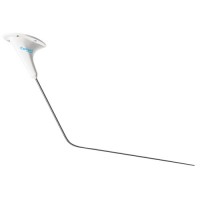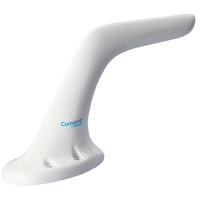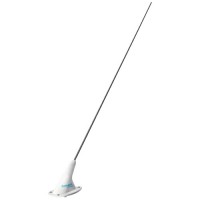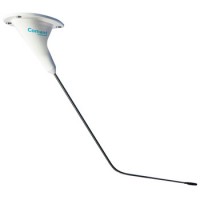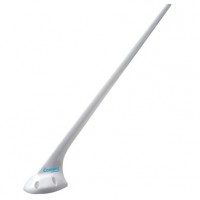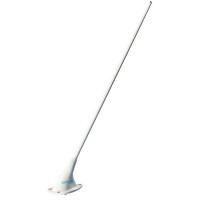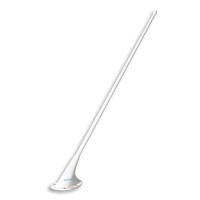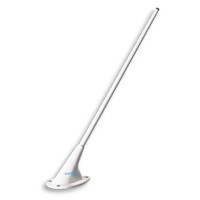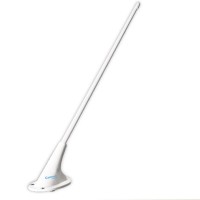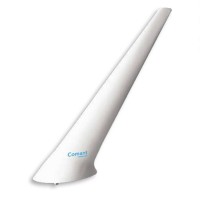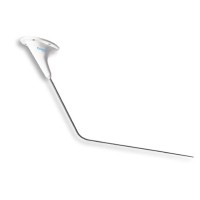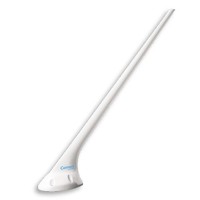FREE SHIPPING ON ORDERS OVER $350 (SOME EXCLUSIONS APPLY) | 877-4-SPRUCE
Comant Ci-2680-216 Comdat Vhf Com / Xm Blade
$1730.00/Each
Part# 11-19419
MFR Model# CI-2680-216
MFR Model# CI-2680-216
Overview
| Comant’s ComDat® four through hole blade style mount VHF / XM Weather & Radio antenna with BNC / TNC ports. This antenna covers both VHF communication and XM frequencies. Designed to be used with Garmin XM panel mount systems. Suitable for top mounting with for both light and heavy fixed wing single engine / multi-engine and business jet aircraft |
WARNING: Cancer and Reproductive Harm - www.P65Warnings.ca.gov. |
Specifications
- VHF Characteristics
- Frequency: 118-137 MHz
- VSWR: 2.9:1 Max
- Polarization: Vertical
- Radiation Pattern: Omnidirectional
- Impedance: 50 Ohms
- Power Rating: 50 Ohms
- XM Weather Data Specification
- Frequency: 2332.5-2345.0 MHz
- VSWR: 2.0:1 Max
- Polarization: LHCP
- Radiation Pattern: Hemispherical
- Impedance: 50 Ohms
- Gain: 25 +/- 2 dB
- DC Voltage: 3.6 – 24 Volts
- DC Current Min/Max: 45mA Typical / 55 mA Max
- Mechanical / Environmental
- Weight: 1.25 lb
- RTCA Env. / TSO: DO-160D, TSO C169
- Connector: VHF - BNC / XM - TNC
Documents
- Light Fixed Wing Single Engine
- Light Fixed Wing Multi-Engine
- Heavy Fixed Wing Single Engine
- Heavy Fixed Wing Multi-Engine
- Business Jets
- Always consult your installation shop for best application.
Q&A
Please note, Aircraft Spruce's personnel are not certified aircraft mechanics and can only provide general support and ideas, which should not be relied upon or implemented in lieu of consulting an A&P or other qualified technician. Aircraft Spruce assumes no responsibility or liability for any issue or problem which may arise from any repair, modification or other work done from this knowledge base. Any product eligibility information provided here is based on general application guides and we recommend always referring to your specific aircraft parts manual, the parts manufacturer or consulting with a qualified mechanic.


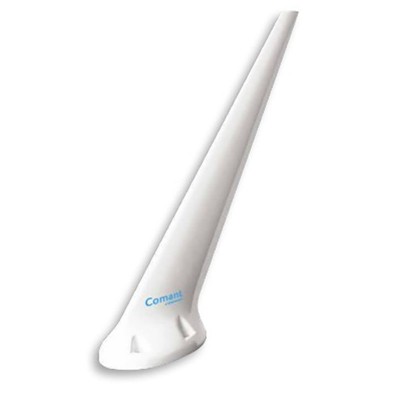





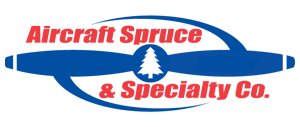 FREE Shipping
FREE Shipping
